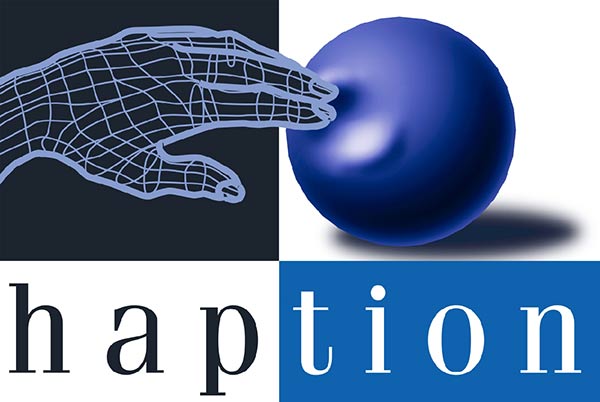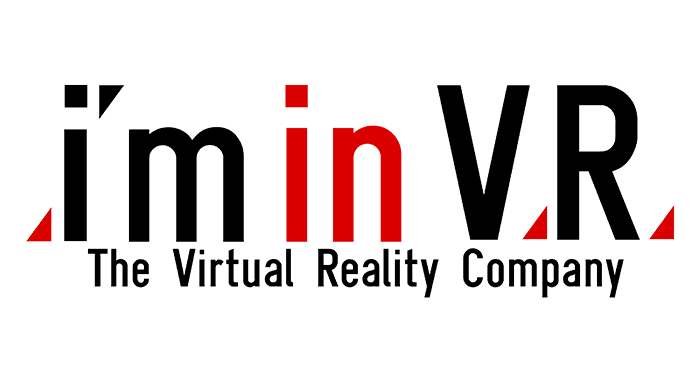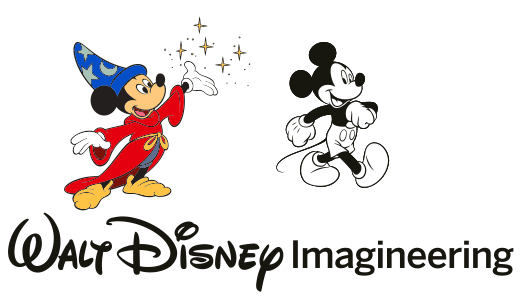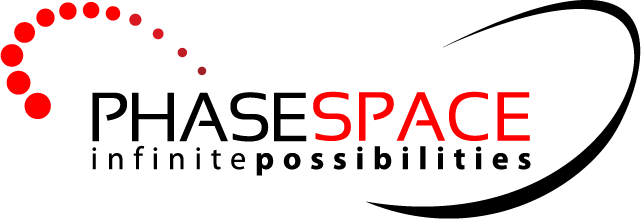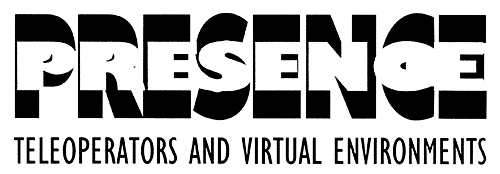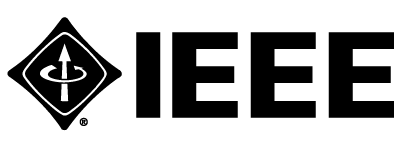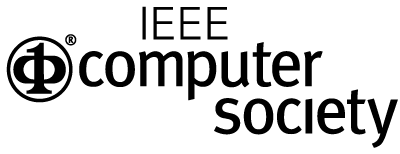Workshops
Please fill out a short survey for each workshop you attend. Your feedback is appreciated.
The following workshops will be hosted at IEEE VR 2014:
- Workshop on Sonic Interactions in Virtual Environments
- International Workshop on Collaborative Virtual Environments
- International Workshop on Virtual and Augmented Assistive Technology
- Software Engineering and Architectures for Realtime Interactive Systems Working Group
- Workshop on Immersive Volumetric Interaction
Workshop on Sonic Interactions in Virtual Environments
- Submission deadline: February 15th, 2014
- Notification of acceptance: February 25th, 2014
Sonic interaction design is defined as the study and exploitation of sound as one of the principal channels conveying information, meaning, and aesthetic/emotional qualities in interactive contexts. This field lies at the intersection of interaction design and sound and music computing.
In the virtual reality community, the focus on research in topics related to auditory feedback has been rather limited when compared, for example, to the focus placed on visual feedback or even on haptic feedback. However, in communities such as the film community or the product sound design community it is well known that sound is a powerful way to communicate meaning and emotion to a scene or a product.
The main goal of this workshop is to increase among the virtual reality community the awareness of the importance of sonic elements when designing virtual environments. We will also discuss how research in other related fields such as film sound theory, product sound design, sound and music computing, game sound design and computer music can inform designers of virtual reality environments.
Moreover, the workshop will feature state of the art research on the field of sound for virtual environments.
We expect participants to submit a research paper (4 to 6 pages using IEEE template) outlining their current research in the field of interactive sound for virtual environments.
Topics can include, but are not limited to:
- Sound synthesis and design for virtual environments
- Sound modelling and rendering for virtual environments
- Sound spatialisation
- Headphones and speakers reproduction
- Gestural control of sound in virtual reality
- Multisensory (audio-visual), (audio-haptics) interactions
- Evaluation of user experience and sound quality
Additional information and the full submission requirements can be found on the conference website
Organizers: Stefania Serafin, Amalia de Götzen, Cumhur Erkut, Rolf Nordahl
International Workshop on Collaborative Virtual Environments
- Submission deadline: February 16, 2014
- Acceptance notification: February 27, 2014
- Camera-ready deadline: March 15, 2014
We need to improve interaction and collaboration in immersive virtual environments. Indeed, frameworks for the design of immersive and collaborative virtual environments are now mature enough to allow researchers to focus on higher-level description of immersion and collaboration rather than on low-level system features. However, we still have to improve both the immersion of the users and the ability of distant users to collaborate efficiently when they are sharing a virtual environment, by proposing new metaphors for immersive 3D collaborative interactions.
To meet these requirements, we need to be able to adapt VR software to various kinds of immersive hardware devices while we need also to embed a symbolic representation of these devices into the virtual environment in order to make users aware of the limitations of these devices at run-time. For example, embedding in the VE a 3D model of the bounds of the displays devices may prevent users to collide with these devices, if the VR system can rely on an adequate metaphor to make the user aware of the danger. In the same way, when distant users are collaborating in a shared virtual environment, they need interaction metaphors that are adapted to collaboration and also able to make them aware of the actions of the distant users as well as of their limitations.
So, these new trends of immersive and collaborative interaction techniques are raising new issues for design, implementation and evaluation of Immersive Collaborative Virtual Environments.
We invite submissions that address theoretical, technical, and practical topics that are related to immersive and/or collaborative VR applications, including but not limited to: Immersive Virtual Reality, 3D Interaction, Metaphors for Collaborative 3D Interactions, Awareness of Collaboration, frameworks supporting 3D CVE development.
We solicit research papers, technotes, state of the art and position papers within the scope of 3D CVEs.
- Research Papers (up to 8 pages) should describe original research results or original collaborative systems or frameworks.
- Technotes (up to 4 pages) should contain unpublished preliminary results of research, application, design or system work.
- State of the art reports (up to 8 pages) should provide surveys on one of the topics of this workshop.
- Position Papers (up to 6 pages) shoud present interesting and possibly controversial points of view on one of the topics of this workshop.
Additional information and the full submission requirements can be found on the conference website.
Organizer: Thierry Duval
International Workshop on Virtual and Augmented Assistive Technology
- Submission Deadline: February 9, 2014
- Acceptance Notification: February 23, 2014
The IEEE VR 2014 Workshop on Virtual and Augmented Assistive Technology is intended to bring together technological and clinical research communities to advance the state-of-the-art in Virtual Reality (VR) and Augmented Reality (AR) assistive technology. Over the past several decades, there has been a host of research conducted to improve rehabilitation and enable assistive technology for persons with disabilities (e.g., cognitive, physical) through VR and AR. However, this area needs to take more advantage of state-of-the-art VR and AR technology. We believe this situation could be improved if the two contributing communities to this area - the technology and the clinical communities - had greater opportunity for more direct interaction and collaboration to advance the field. This is the primary goal of this workshop.
Specifically, we are inviting submissions of position papers and preliminary research that focus on:
- novel Virtual and Augmented Reality technologies that could be used to enhance assistive technologies, although they may not have been used for this yet, and
- insights into and studies involving persons with disabilities and the impact of VR, AR, and associated technologies.
Specific areas of interest include, but are not limited to:
- Virtual Reality for Persons with Disabilities
- Augmented Reality for Persons with Disabilities
- 3DUI for Persons with Disabilities
- Mobile AR/VR Applications for Persons with Disabilities
- Human Movement Analysis
- Games for Rehabilitation
- Clinical Studies using Technologies for Persons with Disabilities
- Usability Studies and Human Factors
- Unlisted but related topics are also welcome
Additional information and full submission requirements can be found on the conference website.
Organizers: John Quarles, Belinda Lange, Andrew Raij
Software Engineering and Architectures for Realtime Interactive Systems Working Group
- Short/long paper submission: February 17
- Notification of acceptance: February 26
- Camera-ready versions: March 14
SEARIS provides a forum for researchers and practitioners working on the design, development, and support of realtime interactive systems (RIS). These systems span from Virtual Reality (VR), Augmented Reality (AR), and Mixed Reality (MR) environments to novel Human-Computer Interaction systems (such as multimodal or multitouch architectures) and entertainment applications in general. Their common principle is a strong user centric orientation which requires real-time processing of simulation aspects as well as input/output events according to perceptual constraints. Therefore, we encourage researchers and developers of real-time human computer interaction systems of all flavors to share their experiences and learn from each other during this workshop. SEARIS wants to account the state-of-the-art in software design and software engineering for realtime interactive systems, to shape a common understanding, to compare systems and approaches and derive common paradigms, to develop useful and necessary methods and techniques, and to foster new ideas.
Topics of interest include (but are not limited to):
- Architectures: data-flow-oriented, object-oriented, component-based, scene graph(s), etc.
- Abstraction mechanisms: entity centered design, world descriptions, semantic modeling
- Reusability/Extensibility: plugins, components, modules, extension points, etc.
- RIS Programming: class libraries, scripting & core implementation languages, declarative languages and solutions
- System Issues: operating systems, portability, networking, distribution, etc.
- Adaptivity: support of configurability, personalization, adaptation
- Behavior: support and integration of behavioral components (physics, AI, etc.)
- Implementation and Testing of Realtime Interactive Systems
- Performance: consideration of evaluation strategies, latency, synchronization, etc.
We highly welcome reflective and even controversial contributions.
Additional information and full submission requirements can be found on the conference website.
Organizers: Marc Erich Latoschik, Dirk Reiners, Roland Blach, Pablo Figueroa
- Submission deadline: February 16
- Notification of acceptance: February 27
- Camera ready deadline: March 15
Workshop on Immersive Volumetric Interaction
There is a growing interest in interaction research of volumes for immersive virtual environments and immersive visualizations. Traditional interaction modalities may not be sufficient to select and manipulate multiple objects or data points or have the potential to interfere with users’ sense of immersion or workflow. Additionally, there is a strong interest in scaling interfaces from the desktop display to higher immersive display systems. As a result, cost, availability, and familiarity all play a role in designing interaction. Solutions tend to be focused on separately in these communities, however this will serve as a common forum to openly discuss these issues and ideas for solutions.
The IEEE VR 2014 Workshop on Immersive Volumetric Interaction is intended to bring together researchers, developers, and users from multiple communities in Virtual Environments, 3D User Interfaces, and Immersive Visualizations to discuss issues and share ideas that relate to the process, interaction modalities, hardware, software, interface constraints, and users’ goals and workflow as they relate to the problem of interacting with volumetric data in immersive visualizations and/or multiple objects defined as a volume in virtual environments.
This half-day workshop will provide a forum for presentations and energized discussions to initial new and exciting developments in this area as well as connections for collaborations among multiple research disciplines. The program will consist of planned presentations of accepted papers and focused lively discussions. Possible issues for discussion, but not limited to, are natural user interfaces, interaction modalities, selection, manipulation, quality of immersion, physical and cognitive fatigue, low-cost immersive systems (input and output), user goals and workflow, and analysis tools.
We invite novel submissions (papers up to 6 pages, minimum of 2 pages) describing positions, preliminary research or evaluation results, prototypes, design work, works-in-progress or applications focus on interaction with volumetric data in immersive visualizations and/or multiple objects representing a volume in virtual environments.
Papers should be prepared using the IEEE Computer Society format. Submissions will be peer-reviewed and authors of accepted papers will be invited to present at the workshop. Demonstrations of prototype interfaces, interaction modalities, and interactive immersive systems are highly encouraged. Participants providing a demonstration will be asked to submit a brief abstract and short video.
Additional information and full submission requirements can be found on the conference website.
Organizers: Amy Banic, Patrick O'Leary, Bireswar Laha











